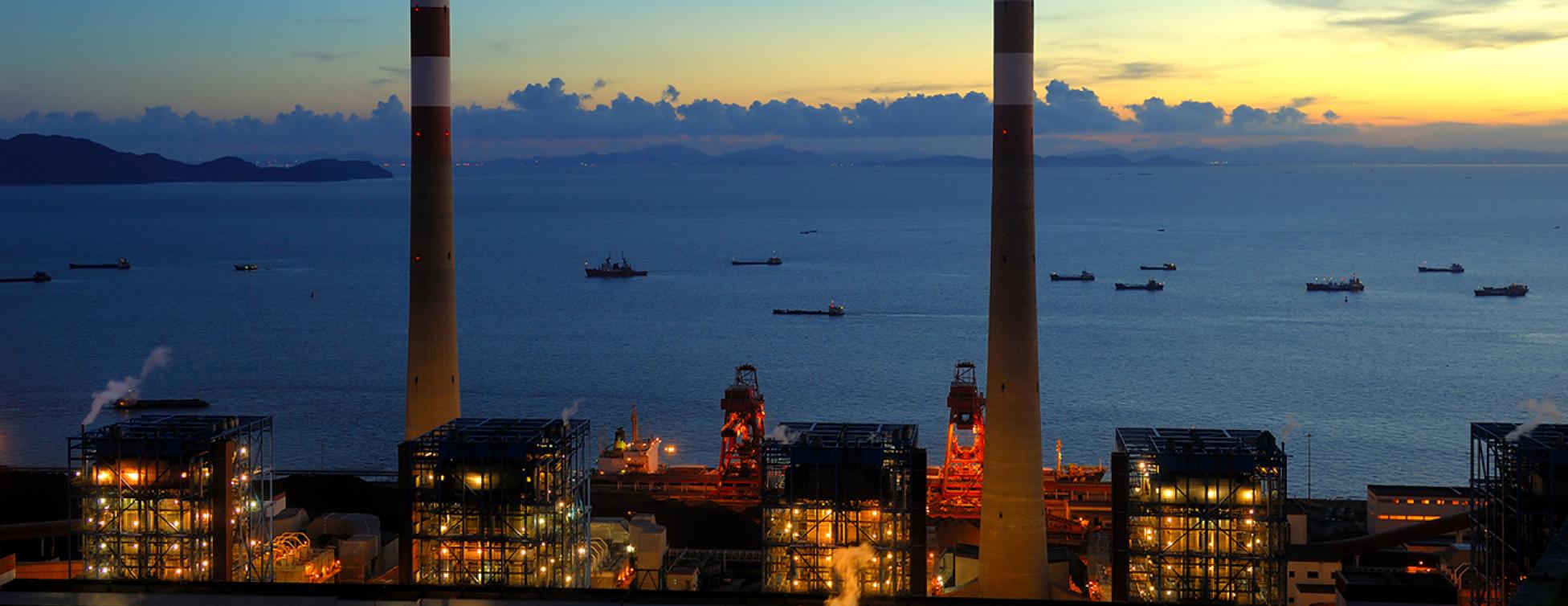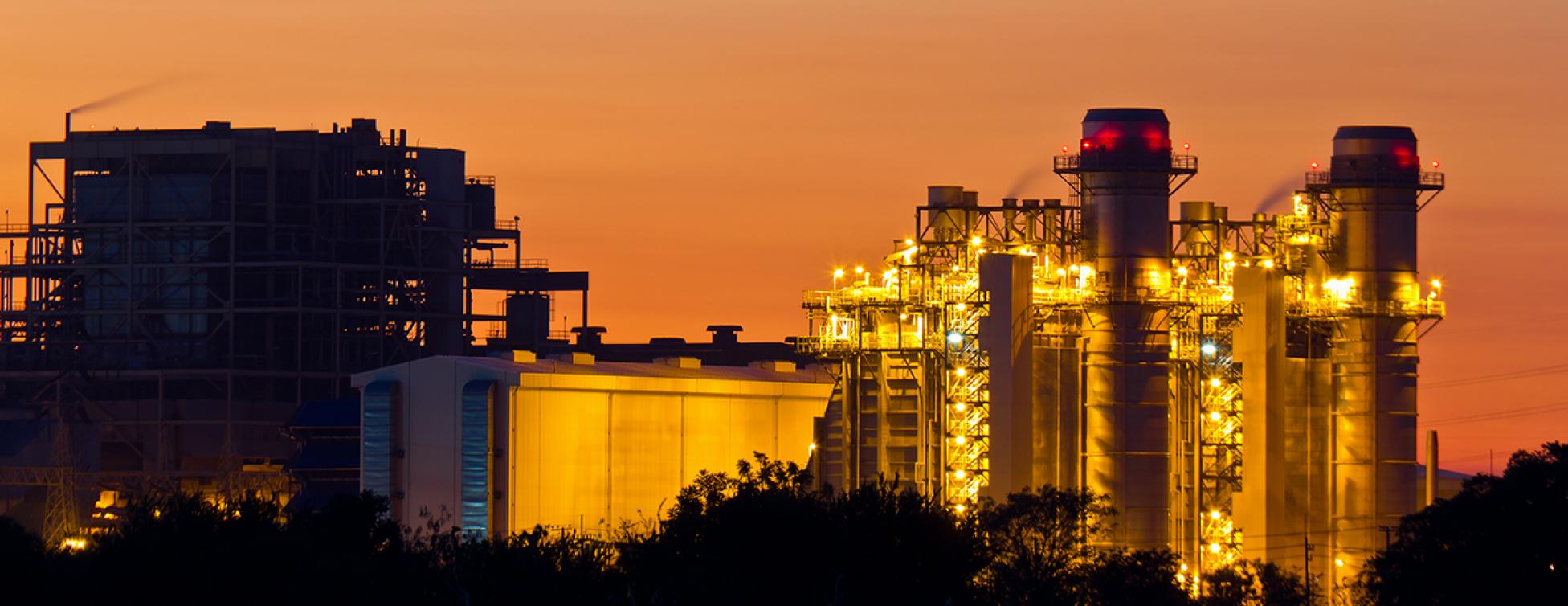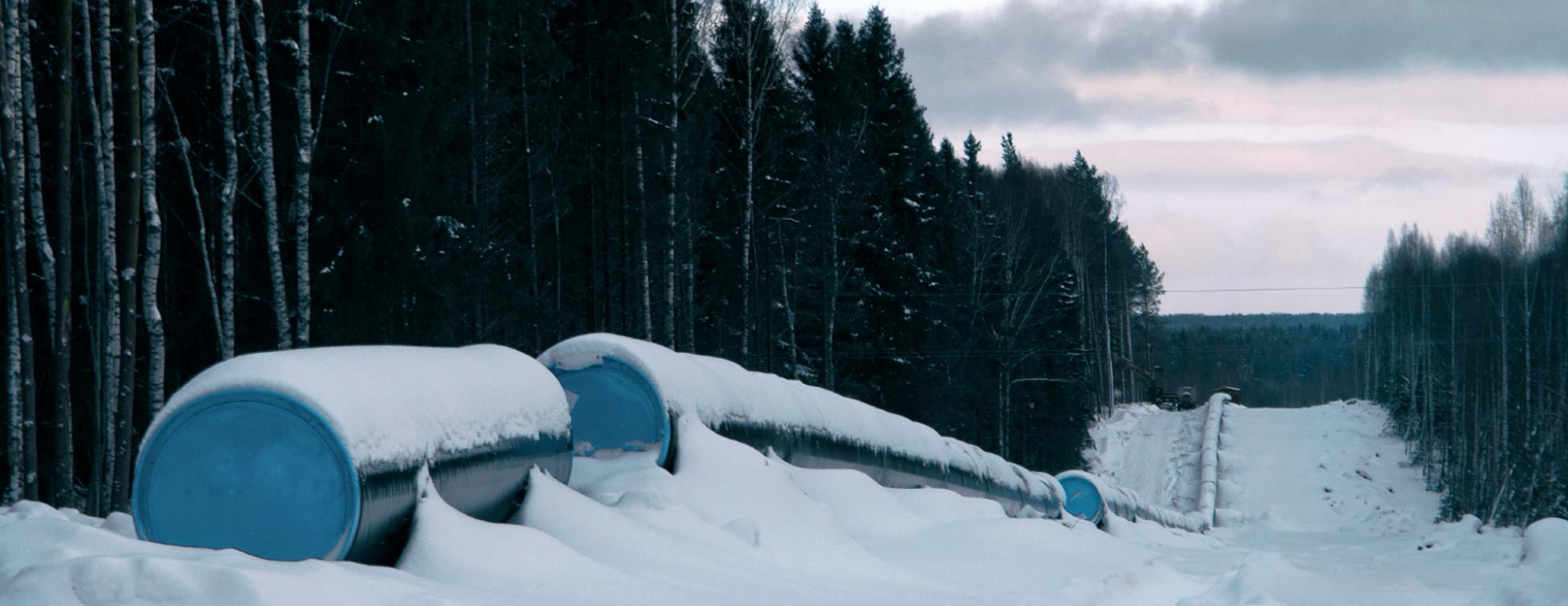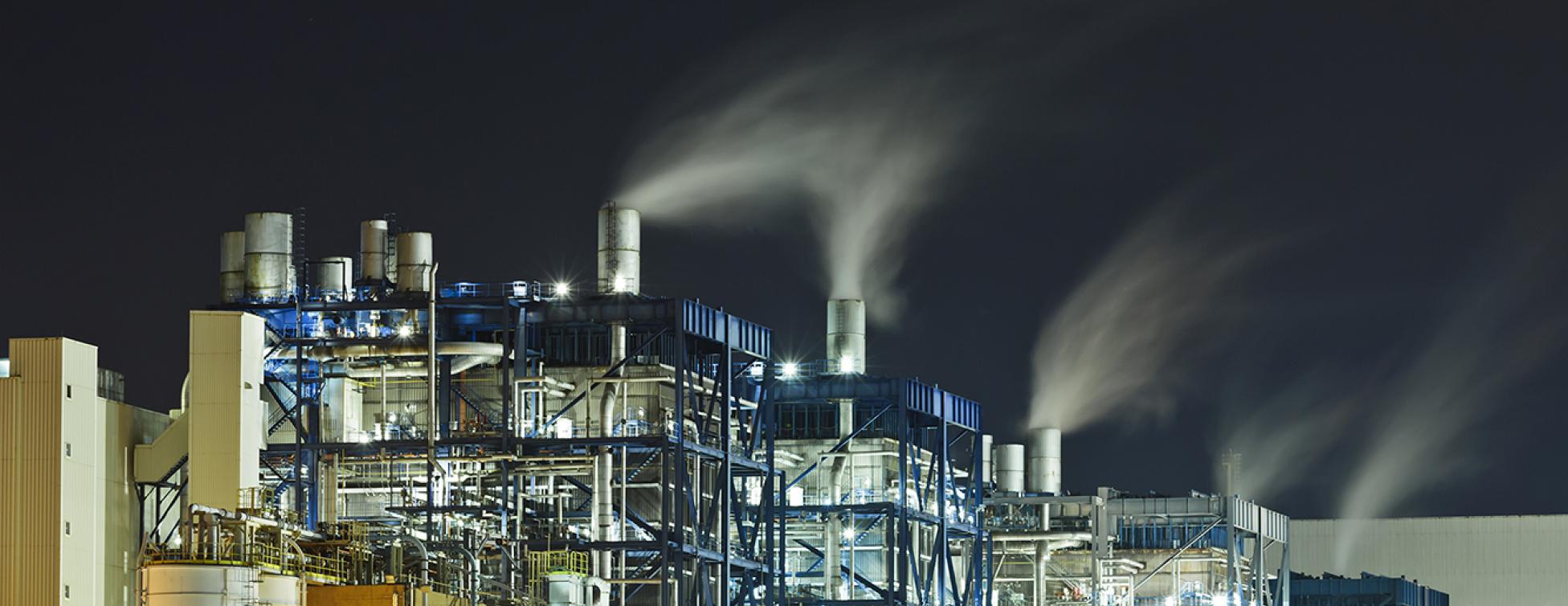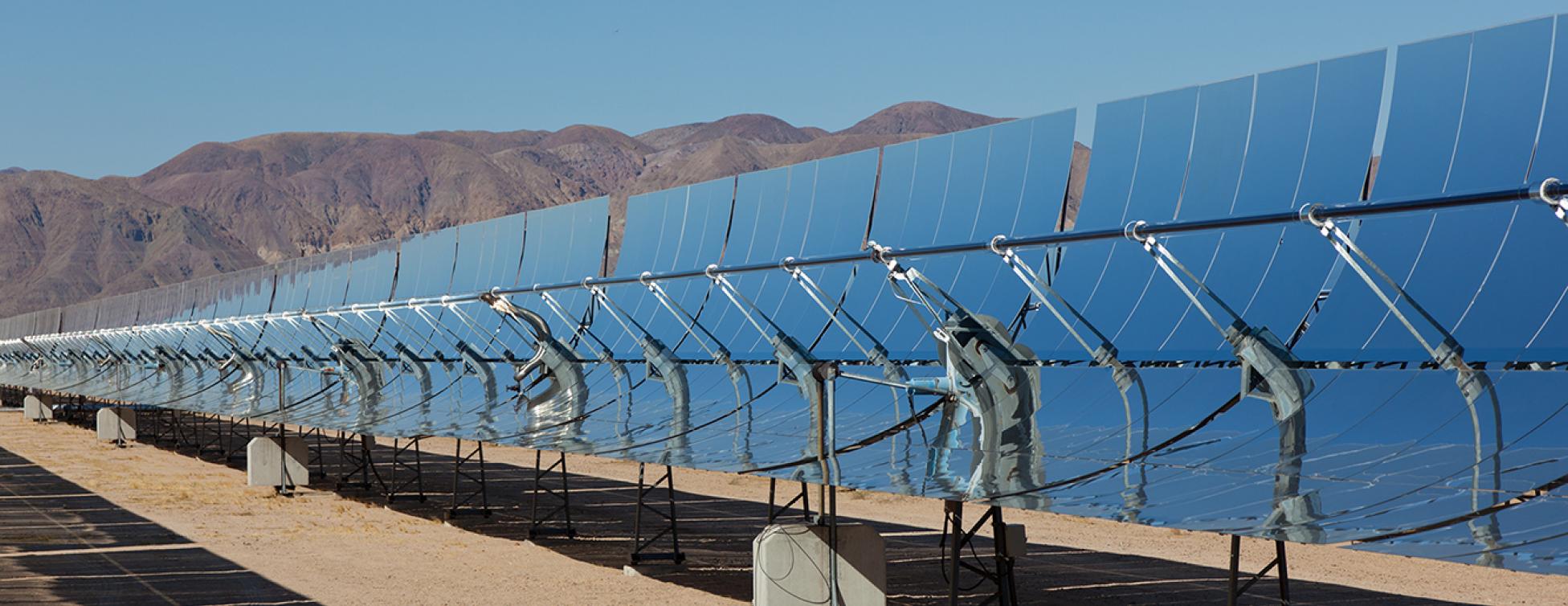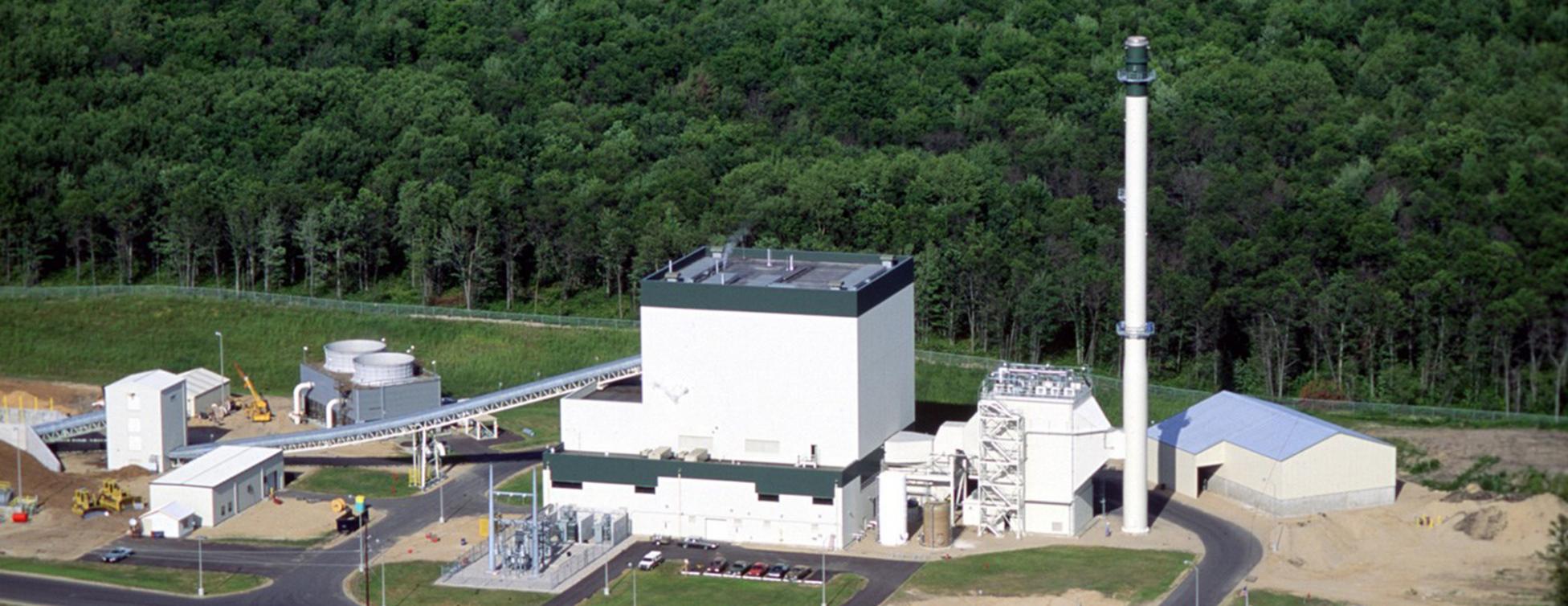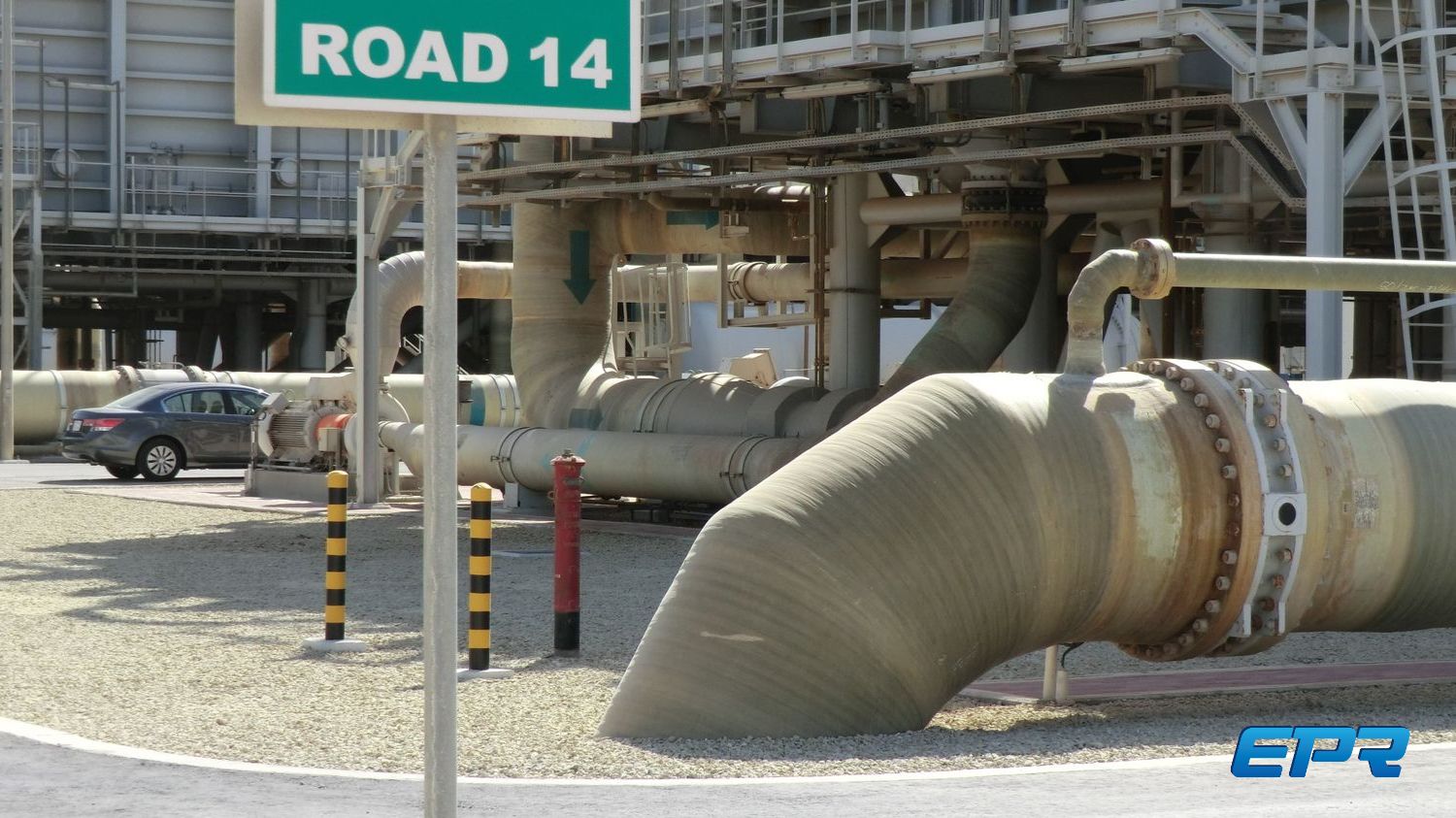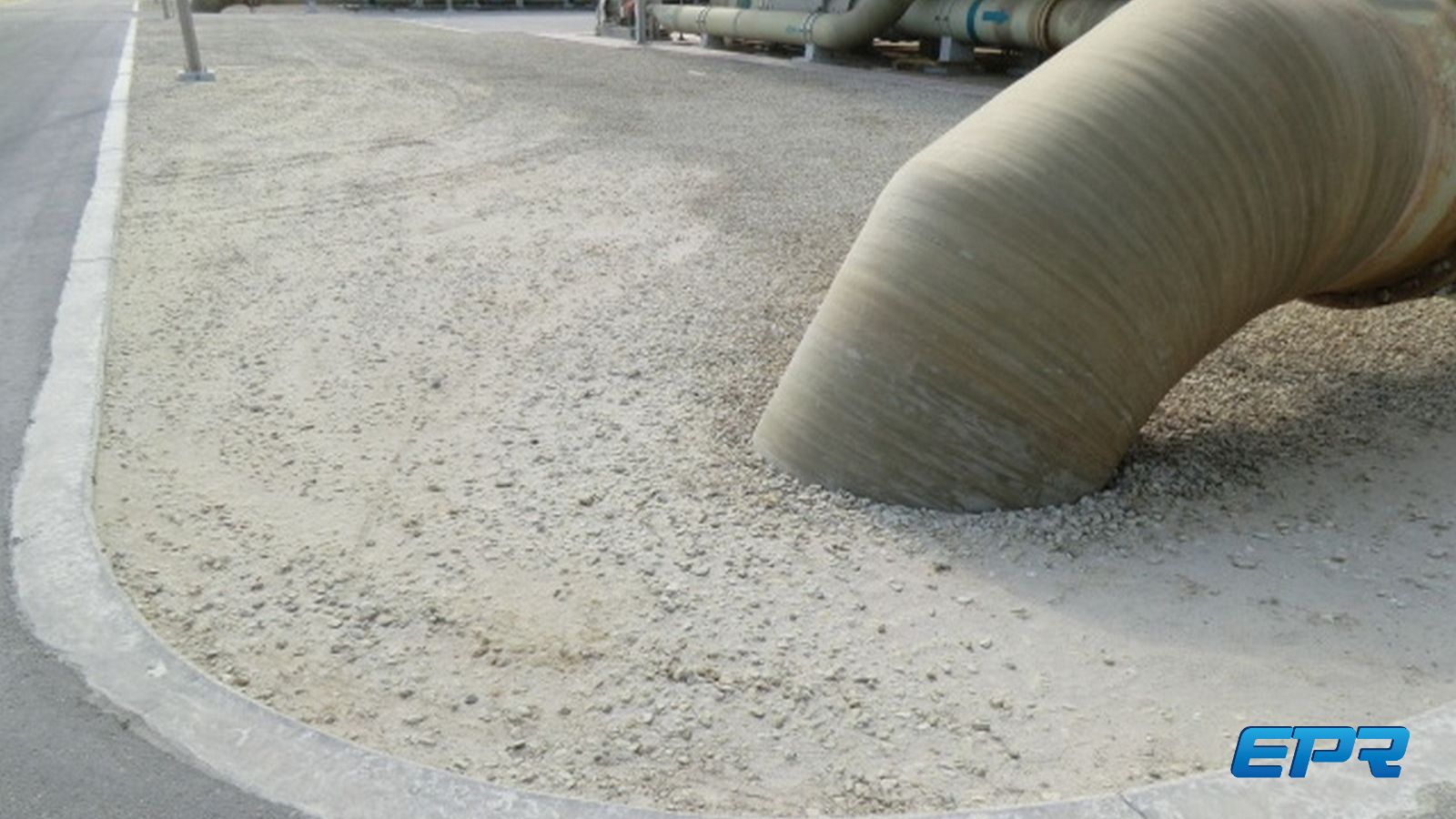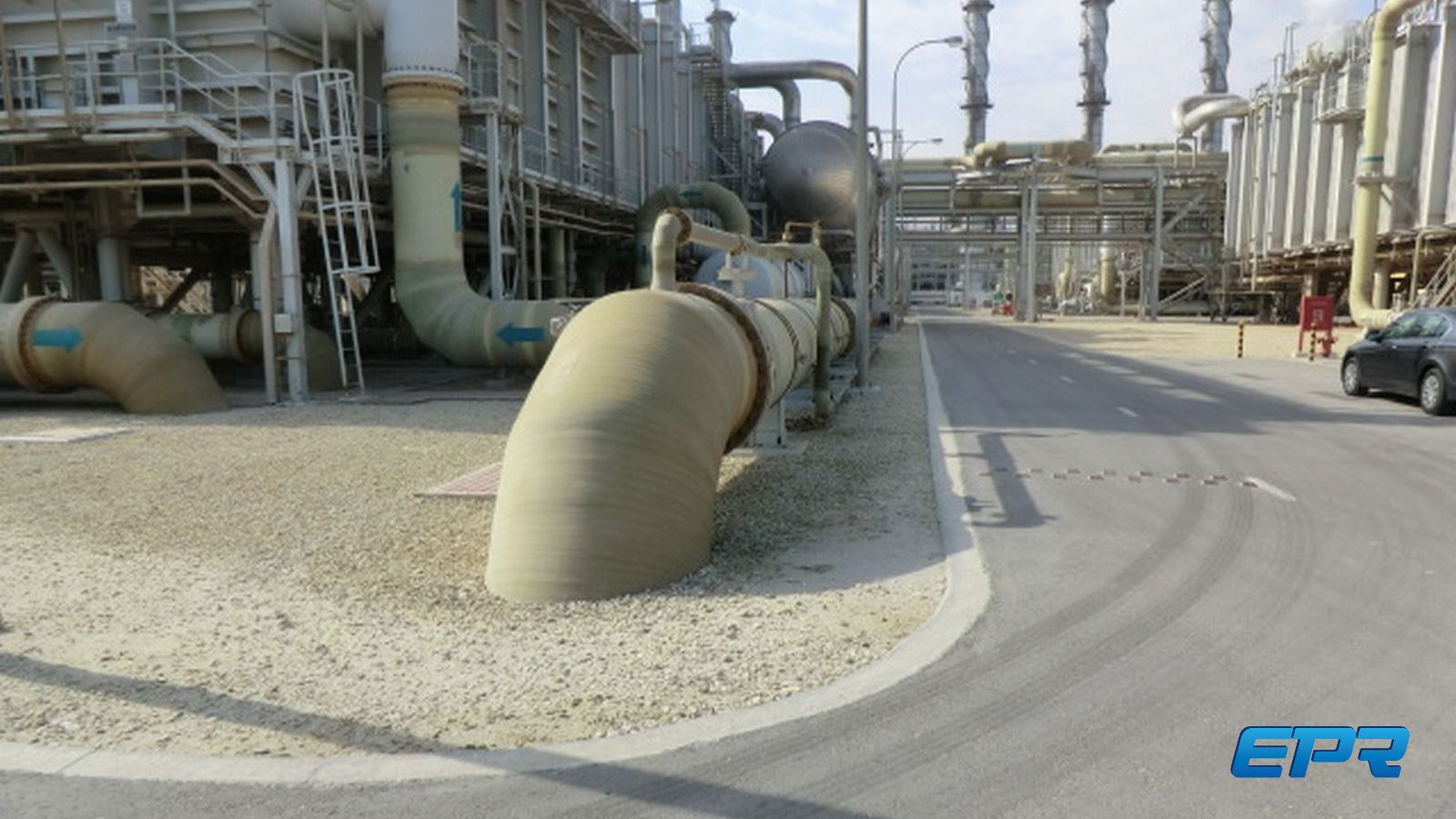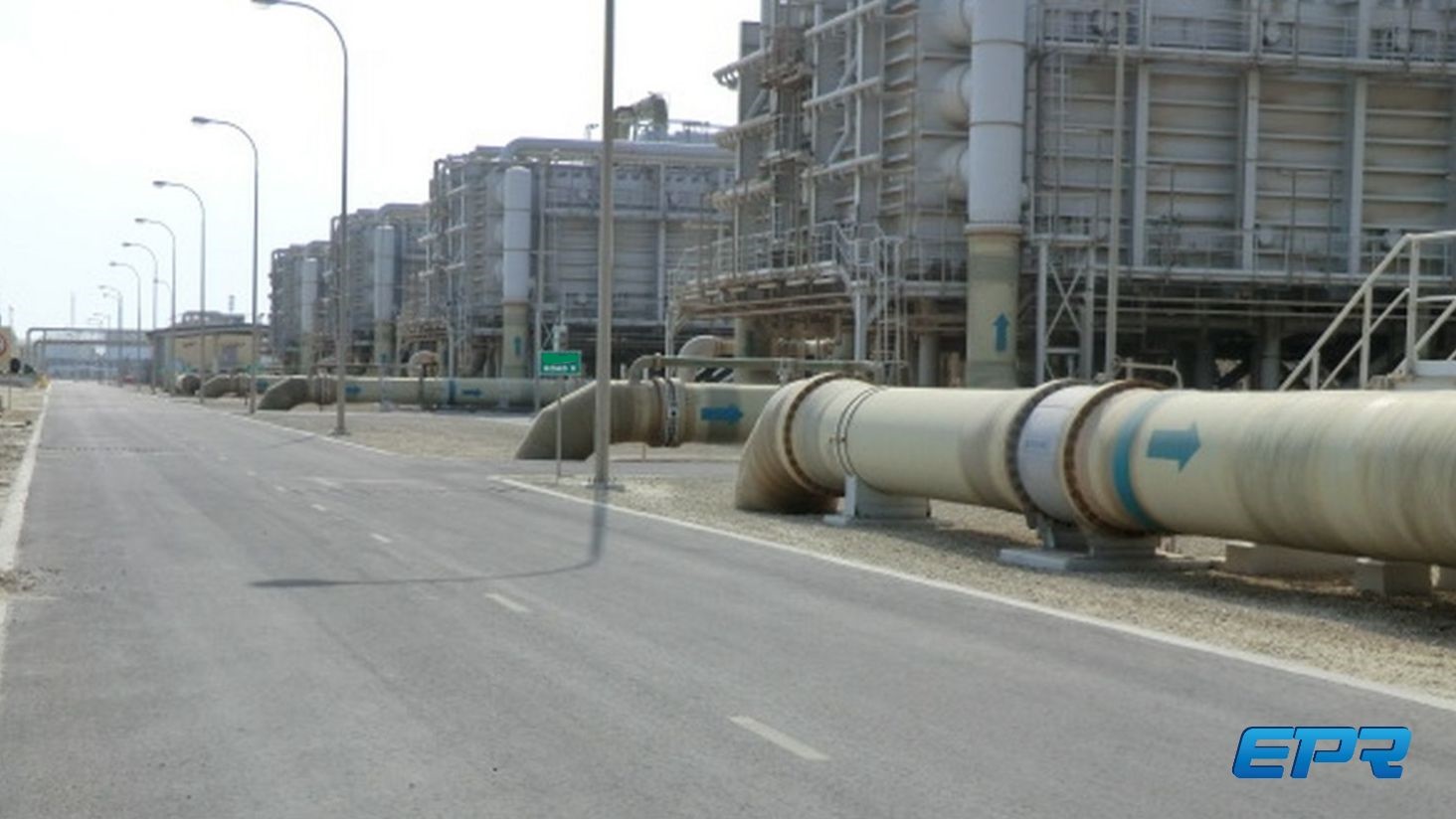Piping Protection
In this instance, the facility was combination of power and desalination on a scale that made it one of the largest in the world. It was routine for staff to use vehicles during the normal course of business due to its size.
In many plants fire systems are usually the subject of some scrutiny related to protection from vehicle damage. However, in this facility there was an extensive amount of process piping and dozens or perhaps hundreds of locations where underground piping emerged near roads to interconnect to above ground processes. This piping was glass reinforced plastic (GRP), or fiberglass. While a great material, it is fragile when subjected to impacts.
After a couple instances of non-destructive damage, the issue of protection was evaluated. In this case the piping was designed to ASME B31.3 and with some additional EPC contract language, it became clear bollards or other means of protection needed to be installed.
B31.3 refers to safety inherent in the piping by virtue of the materials of construction, methods of joining, and history of service reliability. Further, the code goes on to discuss non-metallic piping indicting it should be guarded where such systems are exposed to casual damage from traffic or other work activities.
When considered in this context, protection needed to be added.
Many of the GRP risers were fed from underground main block loops that were not able to be isolated for triage purposes. Addressing these functional 'single failures' was an imperative, since deslinated water provided the largest revenue stream for the facility.
This is an unusual situation, but it remained unspotted until experienced people were brought to the site to perform an evaluation. Experience matters and is usually the least costly way to assure a properly completed plant and its forward operating value are maximized.
Some savings, perhaps on the order for $250,000.
For plants where these processes are a material part of revenue, piping damage can take down a whole block for many days. In this instance one block outage (desalination) costs about $350,000/dy.

